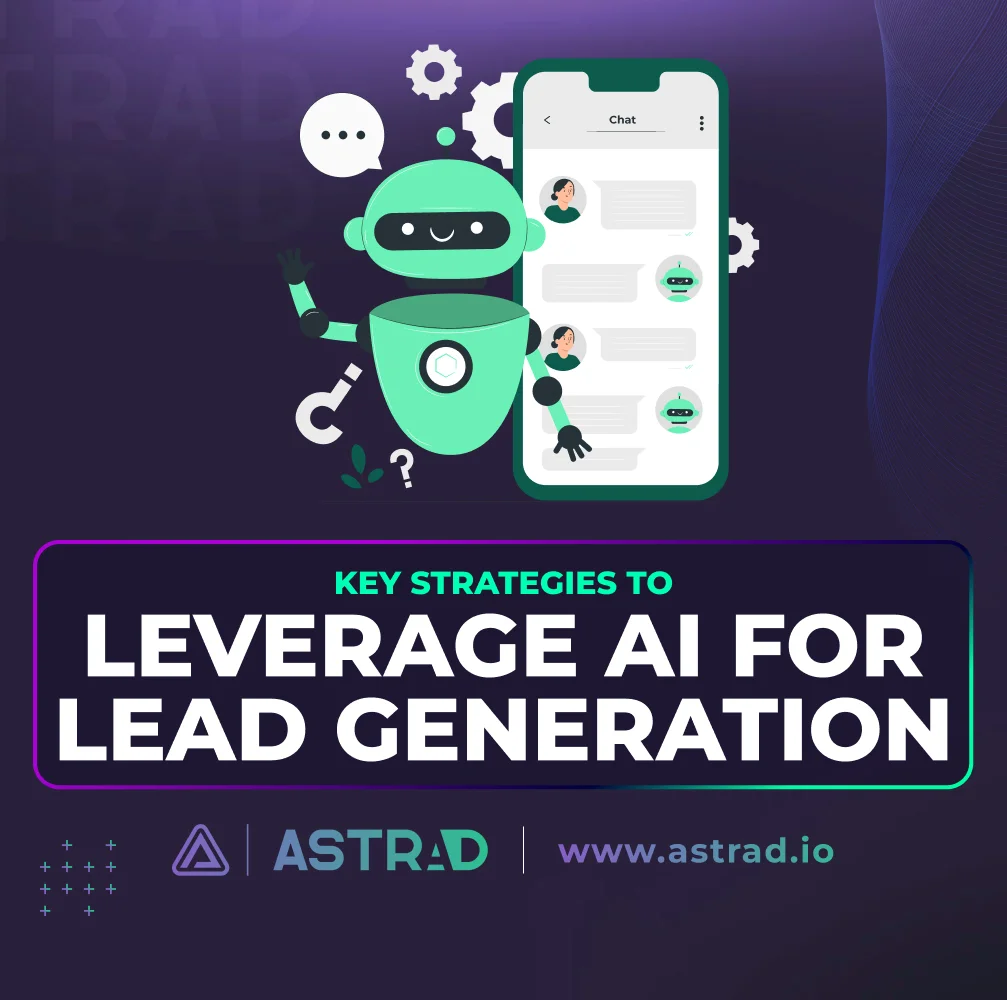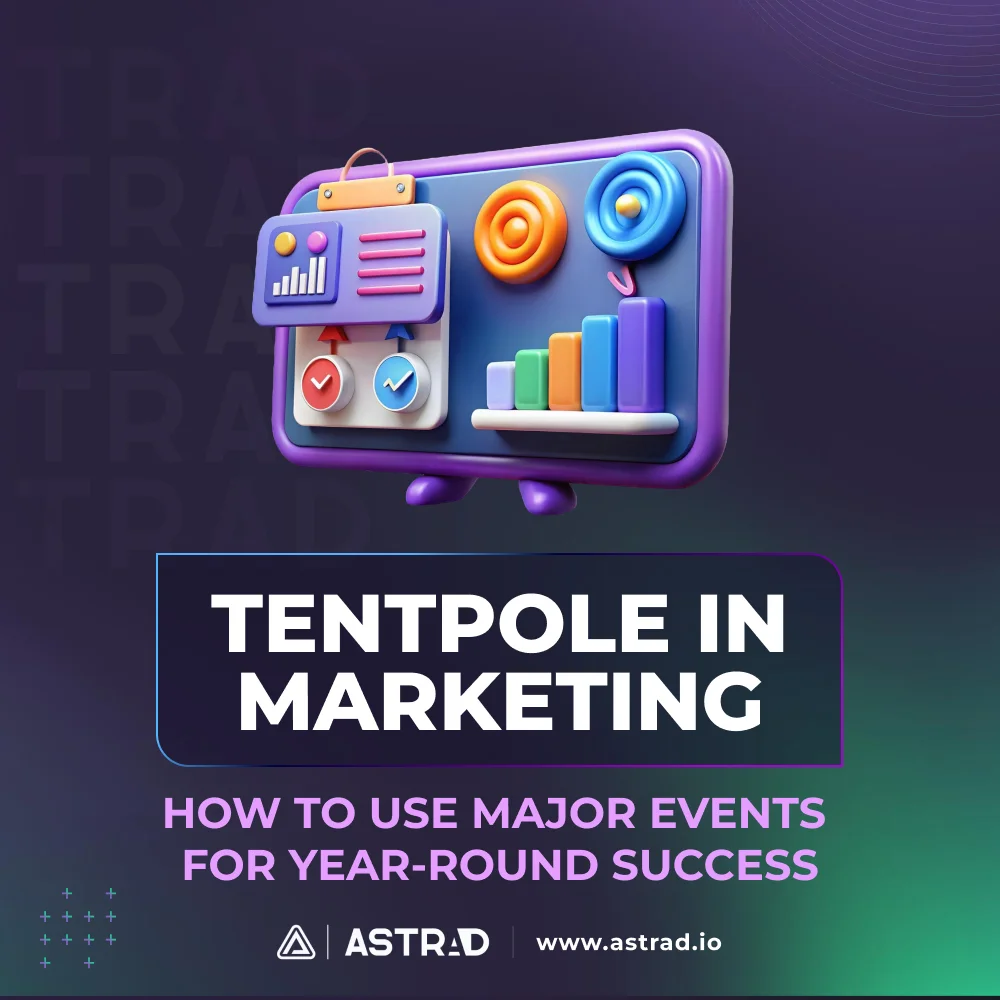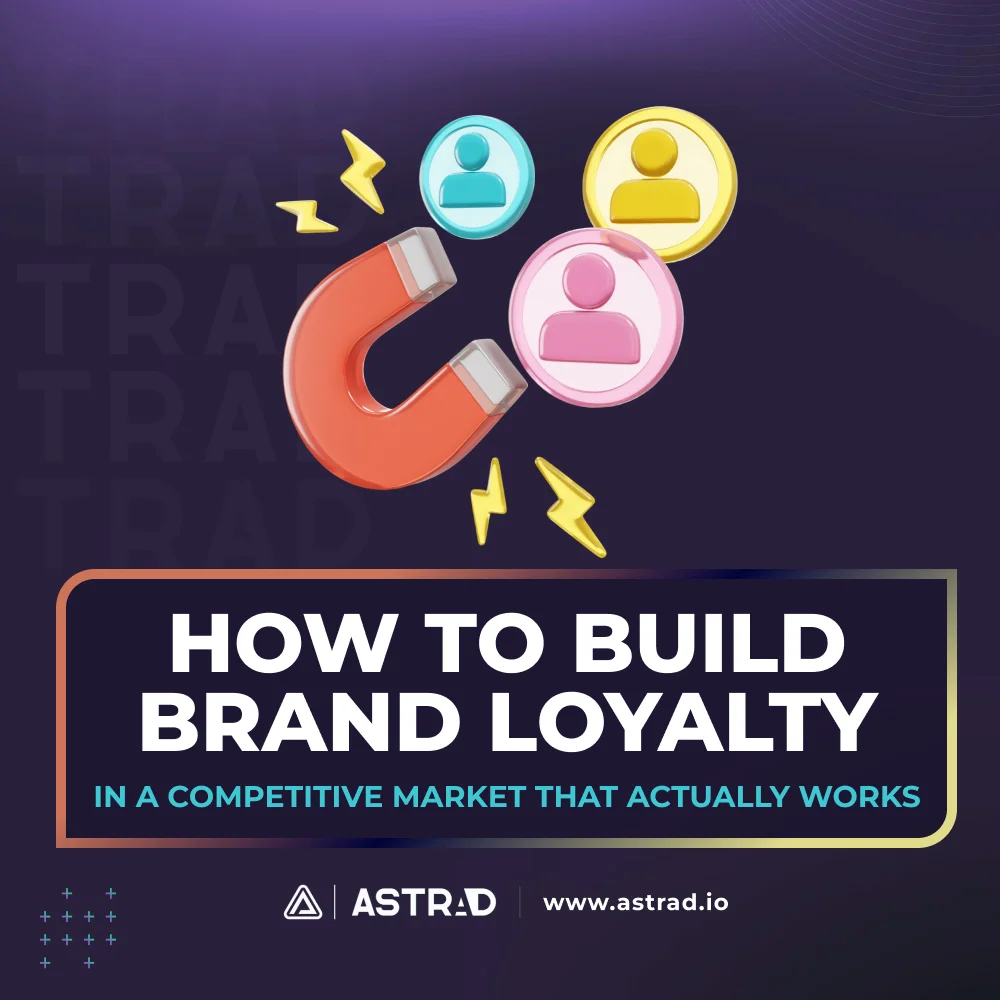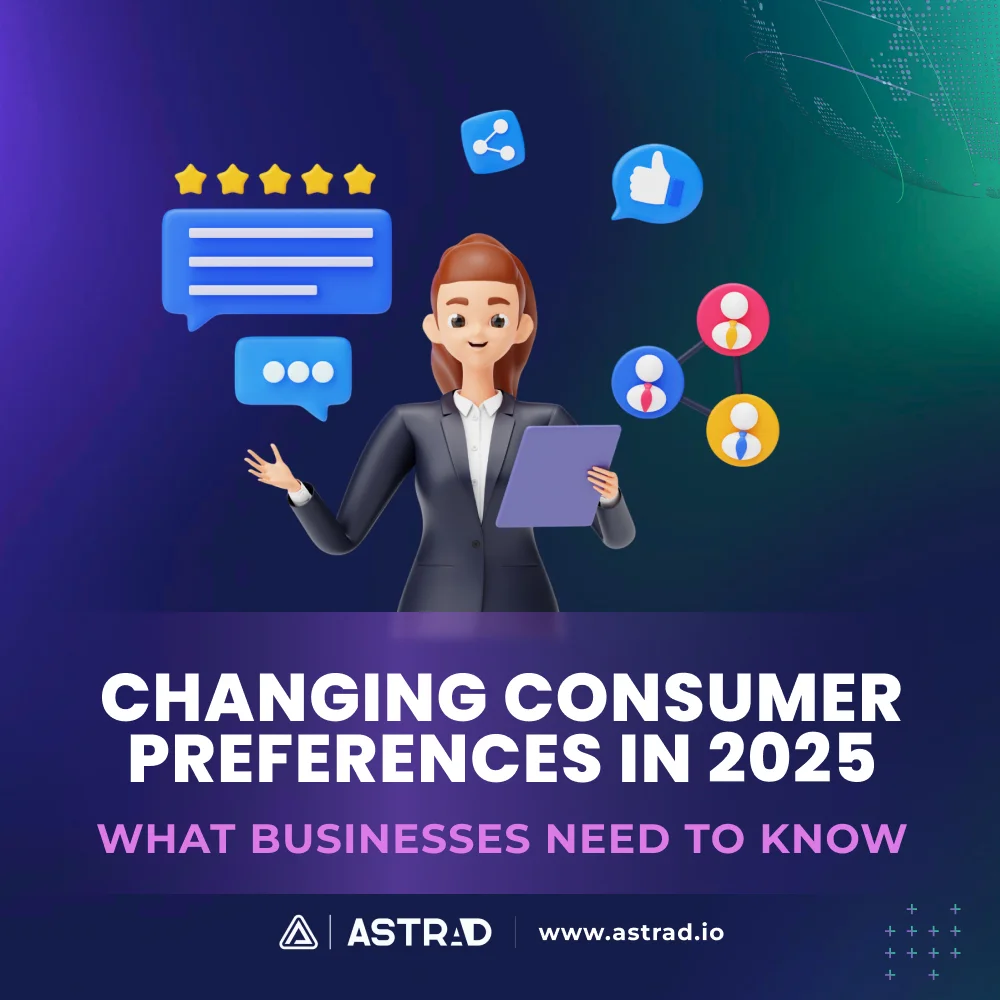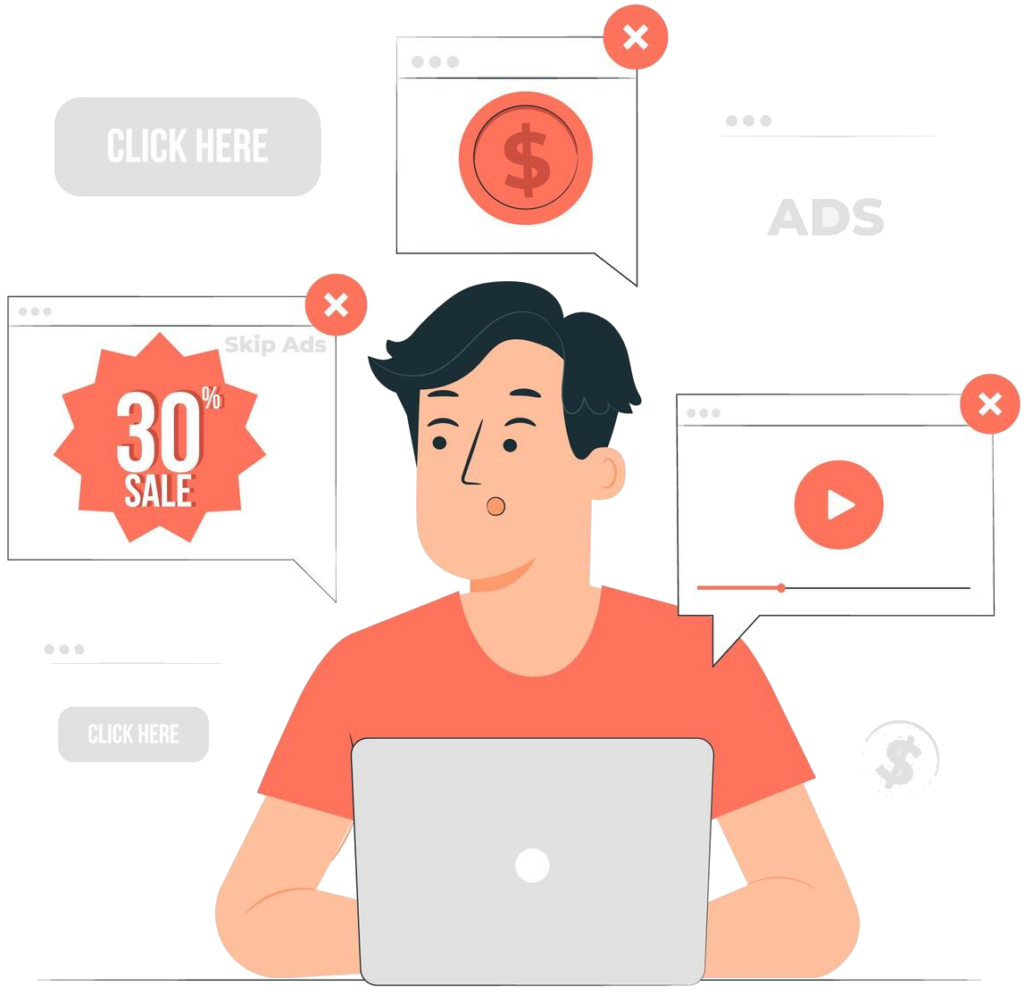Scratching your head and wondering, “What am I doing wrong? How do I attract high-quality leads?” This article gives you the 4-1-1 on that dastardly problem, equipping marketers and businesses with actionable insights to leverage AI’s power. Explore how different tools and techniques can revolutionize your AI lead generation strategy.
Uncover methods to analyze data, personalize outreach, and optimize campaigns for maximum impact. Learn how AI can prioritize leads, predict customer behavior, and automate tasks, giving you the edge to generate qualified leads and boost your sales pipeline.
AI & Modern Lead Generation Efforts
Lead generation is a pain — there, we said it. In the marketing landscape, sometimes it’s a hit-and-miss approach — what you were sure was going to act like a magic bullet was just a blank. Then, to the rescue, AI strolled into the scene. AI acts as a powerful sidekick. By analyzing vast amounts of data, AI can pinpoint patterns and predict customer behavior. This translates to identifying high-potential leads with laser focus. AI also personalizes the outreach process, tailoring messages and interactions to resonate with each specific customer. By automating repetitive tasks and optimizing campaigns, AI frees up time and resources for businesses to focus on nurturing those qualified leads.
Integrating AI into your lead generation strategy can be a game-changer. AI excels at analyzing huge datasets to identify the most promising leads, saving you time and effort. It personalizes outreach by crafting targeted messages that echo each prospect. AI automates repetitive tasks, freeing up your team to nurture qualified leads. Ultimately, this translates to higher quality leads, improved conversion rates, and a smoother journey from prospect to loyal customer.
AI Relevance to Lead Generation
AI has the potential to revolutionize lead generation. Artificial intelligence – AI – systems can go through enormous volumes of data and find possible leads based on predetermined criteria by utilizing machine learning algorithms. This focused strategy guarantees that marketing efforts are concentrated on quality leads while also saving time.
AI writing tools are essential for lead generation because they produce interesting and tailored content that appeals to the intended audience. The use of AI-generated content can greatly improve lead-generation initiatives, whether they involve creating compelling email campaigns or improving website material for conversions.
AI Tools for Lead Generation
Here are a few key players:
Chatbots
Engage website visitors in real-time conversations, answering questions, qualifying leads, and scheduling appointments. They can handle multiple inquiries simultaneously, freeing up sales reps for more complex interactions.
Predictive Analytics
AI takes vast amounts of data and customer behavior to predict which leads are most likely to convert. This allows you to prioritize efforts, focusing resources on the hottest prospects and nurturing them with targeted campaigns.
Personalized Recommendation Engines
Analyze user data to suggest relevant products or content tailored to each visitor’s interests, increasing engagement and driving conversions.
Pros and Cons of Popular AI Tools for Lead Generation
Here’s a breakdown of the pros and cons of popular AI for generating leads and important factors to help you choose the right fit:
Chatbots
Pros:
- Engage with potential leads in real-time and provide immediate responses to inquiries.
- Gather important information from leads by asking targeted questions.
- Qualify leads by filtering out unqualified prospects based on predefined criteria.
Cons:
- Some users may find chatbots impersonal and prefer to interact with a human.
- Limited in their ability to understand complex or nuanced queries.
Predictive Analytics
Pros:
- Identify patterns and trends in customer behavior to predict future leads.
- Help businesses prioritize leads based on their likelihood to convert.
- Optimizes campaigns by focusing on customers’ interests and needs.
Cons:
- Requires a large volume of data to be accurate and effective.
- Implementation and maintenance can be complex and costly.
- Ethical considerations arise around bias in lead predictions.
Personalized Recommendation Engines
Pros:
- Help businesses increase engagement by prioritizing leads based on their likelihood of converting.
- Allow sales teams to focus efforts on high-potential leads.
- Improves customer experience by focusing on qualifying leads based on predetermined criteria.
Cons:
- Require robust data collection to ensure accuracy.
- Raise privacy concerns on how user data is collected.
- It can be intrusive if not well-calibrated.
How to Choose the Right Tool
- Identify your business’ lead generation goals, either by qualifying leads, nurturing existing ones, or personalizing outreach.
- Ensure you have enough high-quality customer information to fuel the tool effectively.
- Consider the return on investment (ROI) before making an investment.
- Choose a user-friendly tool that aligns with your team’s capabilities
Strategies to Leverage AI for Lead Generation
AI is transforming lead generation from a scattershot approach to a laser-focused strategy. Here’s how you can leverage its power:
Predictive Prospect Identification
Analyzes vast customer datasets to identify patterns and predict which individuals are most likely to convert into valuable leads.
Personalization at Scale
Tailors content and offers email campaigns to each prospect’s unique needs and interests. This personalized approach fosters deeper engagement and significantly boosts conversion rates.
Chatbots for 24/7 Engagement
Engage website visitors and social media followers in real-time conversations and free up sales representatives for more complex interactions.
Content Optimization
Analyzes user data and search trends to optimize your website and social media content for lead generation. This ensures your content attracts the right audience and converts them into leads.
AI-Driven Email Marketing Campaigns
Segment your audience based on behavior and predict which leads are most receptive to specific offers. This leads to higher open rates, click-through rates, and more conversions.
Social Media Insights and Targeting
Analyzes social media behavior to identify potential leads based on interests, demographics, and online conversations. This allows you to target your advertising campaigns with laser focus, reaching the most receptive audience.
Automating Lead Qualification
Automates the process of ranking leads based on their conversion potential by analyzing a variety of data points. This prioritizes your efforts on the hottest leads.
Enhancing SEO Strategies
Help with in-depth keyword research, optimize your website content for search engines, and understand user search intent. This ensures your website ranks higher for relevant searches and attracts more qualified leads organically.
How to Integrate AI into Your Lead Generation Strategy Effectively
Follow this roadmap to guide you on how to use AI for lead generation to achieve effective integration:
- Define Your Goals – Align your goals with AI capabilities to ensure you choose the right tools and track the right metrics for success.
- Assess Your Data – Conduct a data audit to assess the quality and quantity of customer information you have. Additionally, identify gaps and consider data collection strategies if needed.
- Choose the Right AI Tools – Explore the AI landscape and choose the ones that make the most impact on your goals and data availability.
- Plan for Implementation – Develop an implementation plan that outlines how you’ll integrate AI tools into your existing workflows.
- Start Small and Scale Up – Begin with a pilot project using one or two AI tools. This allows you to test, learn, and refine your approach before a full-scale rollout.
- Monitor and Measure – Track key metrics like lead generation cost, conversion rates, and customer acquisition cost. This will help you measure the effectiveness of your AI integration and identify areas for optimization.
- Embrace Continuous Learning – Stay updated on new tools and trends to ensure your lead generation strategy remains future-proof.
AI — Embrace Skynet, It’s Not That Bad
Feeling overwhelmed by unqualified leads and a stagnant pipeline? AI can be your Terminator in that digital maelstrom. By leveraging AI for lead generation, you can identify high-potential prospects with laser focus, personalize outreach for deeper engagement, and automate repetitive tasks. Imagine chatbots nurturing leads 24/7, predictive analytics prioritizing your efforts, and AI-powered content that attracts the perfect customer.
The future of lead generation is intelligent, and by following these key strategies, you can unlock its potential for your business. Don’t get left behind – using AI for lead generation is the key to efficiency, better results, and a lead generation strategy that thrives in today’s data-driven world.

